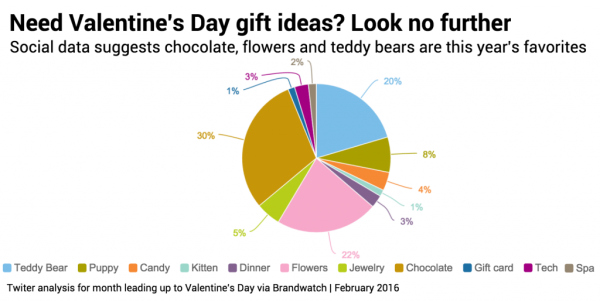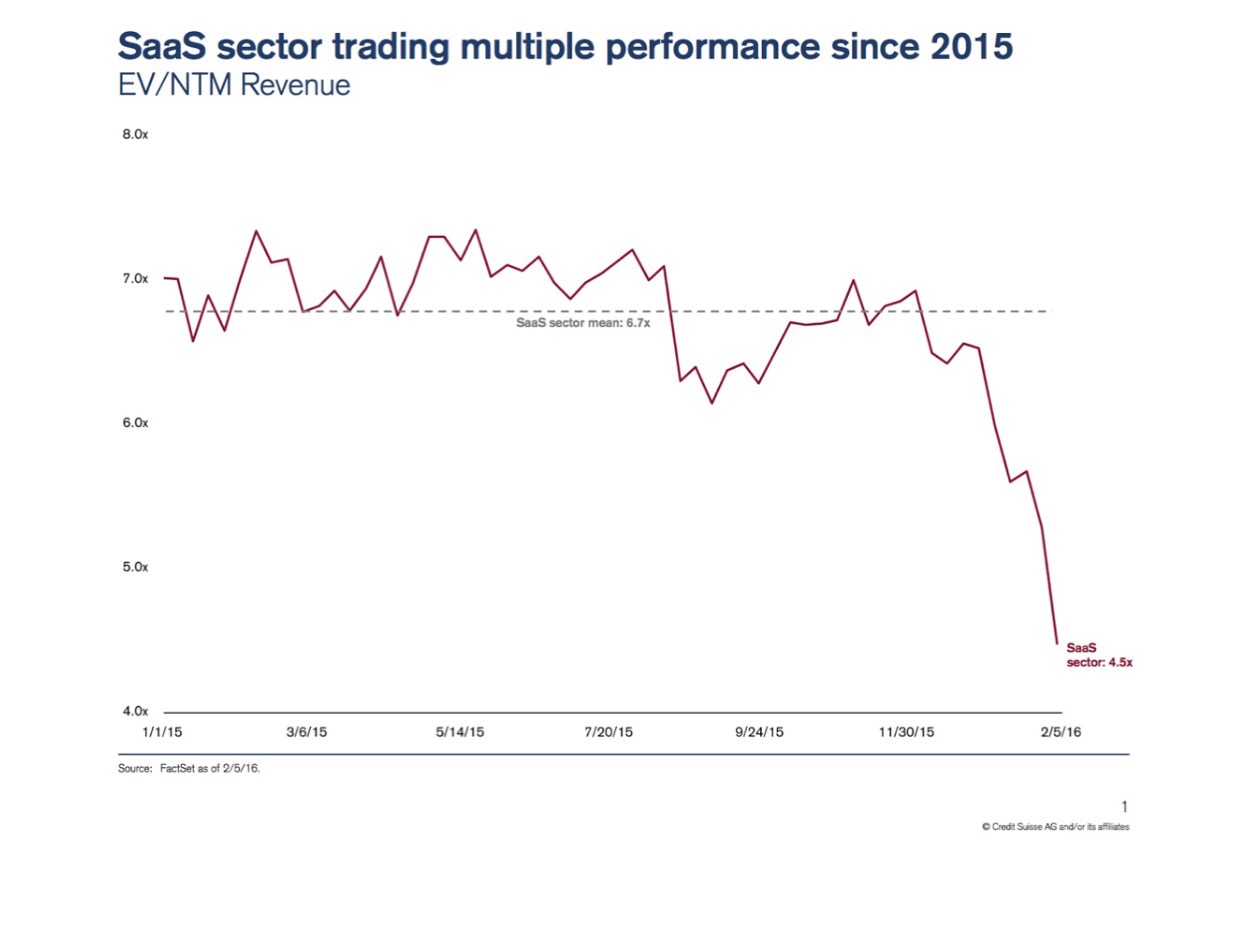There are a number of companies that have user bases in the millions and operate public networks that encourage their users to share their opinions on everything. These companies face an interesting and challenging issue which is that their users are loud and vocal right inside their product about changes that are being contemplated or that have been made. Operating a business like this presents a unique challenge and opportunity to leverage this feedback channel but not become hostage to it.
I believe that one of Mark Zuckerberg and Facebook’s greatest strengths is that they did not let themselves become hostage to the feelings of their user base. They did what they thought was in the best interest of their users and their service. The first time I saw this was the rollout of the news feed. I don’t recall when that was but I believe it was nine or ten years ago now. The users were furious about the new interface and the revelation of “too much information” being presented and shared in it. The Facebook team hung in there and stayed the course and today the Facebook news feed is possibly the most powerful user interface on the Internet.
Etsy, a company I am on the Board of and have been an investor in for ten years now, has always had a very lively community discussion board system for its sellers (and buyers). The sellers who hang out in this community service have often been critical of Etsy’s product and policies. Sometimes these boards turn very hostile and I have watched Etsy struggle with how to both internalize and manage this feedback. On one hand it has made Etsy more sensitive and responsive to the needs of its seller community (which is a very good thing and at the core of why Etsy works) but it has at times made Etsy defensive and hesitant to make necessary changes to its product and policies. I think the Etsy team has gotten to a good place over the years on this issue but it took a lot of learning and a good deal of pain to get there.
Of course, the reason I am choosing to write about this now is the latest uprising of the Twitter user base over the algorithmic feed. The hashtag , #riptwitter, conveys both the power of the community and the hostility that it can take towards a company.
I have been a private (before leaving Twitter’s board) and public (long after) proponent of adding an algorithmic news feed to Twitter. I know that many users and most of the hard core users prefer the reverse chronological order of the Twitter timeline. I don’t and never have. My favorite feature on Twitter is “what you have missed” and I am in love with and completely dependent on gmail’s priority inbox. For some of us, having a service surface what is most important to us is incredibly valuable. For others, it is an invasion of their control and ability to determine that for themselves. It is like conservatives and liberals. There is no right way to view the world. There are many ways and we have to appreciate that what works for some of us doesn’t work for others.
Twitter has had the technology to provide an algorithmic feed for years. They acquired a company called Julpan in the fall of 2011 which had much of the tech that was necessary to produce an algorithmic news feed. Twitter’s technology in this area is much better today than it was four or five years ago. And maybe that is why they have waited so long to roll it out. But they could have, and I would argue should have, rolled it out years ago. And, of course, they could have and should have (and will) release it with an option to keep reverse chronological order as the default timeline for those who prefer it.
Gmail doesn’t force priority inbox on its users. You can get everything in your inbox or just what gmail thinks you want to see. I prefer the latter but many don’t.
So those Twitter users who were tweeting #riptwitter last week should chill out and understand that the company is not going to take their believed reverse chronological timeline away from them. And Twitter should both respect and acknowledge these loyal and passionate users (which Jack did) and should also have the courage to do what is right and frankly long overdue.
Finding the right balance between listening to your users and becoming hostage to them is hard. When you operate a large and public channel for these users, it is even harder. Being a CEO requires great listening skills, the ability to really hear and internalize opposing views, and then, ultimately, the courage to make the decision and go with it. That is true in terms of managing your team and your company and it is also true in terms of managing your user base.

